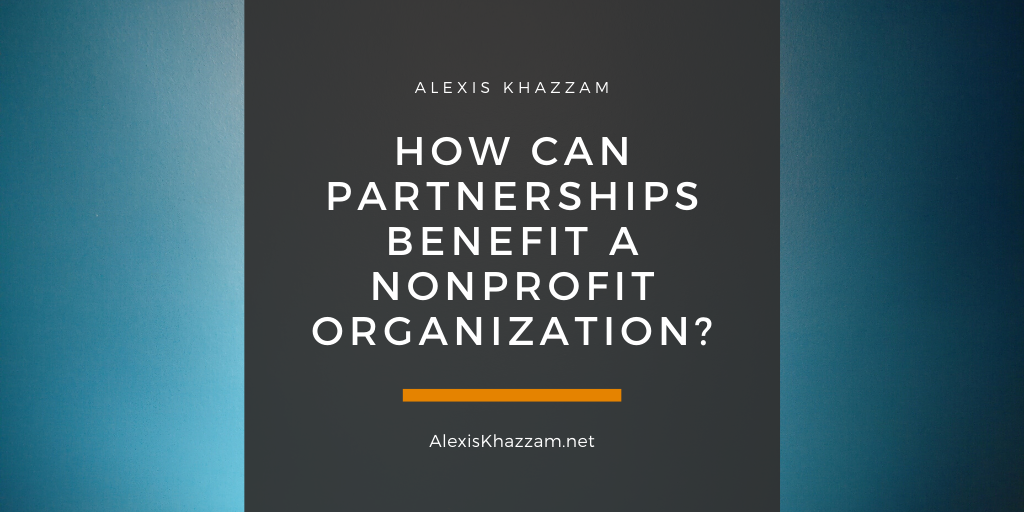Nonprofit organizations have come a long way from small storefront operations with a handful of staff hoping for a steady paycheck and willing to sacrifice for the greater good. Nevertheless, nonprofits still depend on generous donors and grants to fund their operations and services. For that reason, nonprofits benefit from partnerships with businesses, peer agencies, and individuals.
Partnerships with Businesses Can Raise a Nonprofit’s Visibility
Having a nonprofit board member from a major corporation can increase a nonprofit organization’s visibility. Including a high-profile organization’s name on advertising for events, annual reports, and other digital or printed materials lends credibility to a nonprofit. A board member who is highly-regarded in the community can attract leaders with similar credentials.
Partnerships Increase Fundraising
Partnerships with businesses can increase a nonprofit’s ability to raise money. When a respected business lends its name as a sponsor, similar businesses are likely to help. Typically, corporate organizations look for causes they can support, which means there are opportunities for long-term relationships that can result in sustained financial donations. Partnering with nonprofit peer agencies also helps nonprofits to secure grants. Most grantors expect to see evidence of partnerships with groups with similar interests.
Partnerships Can Help Nonprofits Fulfill Their Missions
Volunteers are the lifeblood of nonprofit organizations. Volunteers perform many tasks carried out by people in paid positions in the private sector. With the value of volunteer time being around over $25 per hour, volunteers are more important than ever for nonprofits. Volunteers do much more than answer phones and stuff envelopes. Volunteers bring skills in areas like accounting, engineering, technology, and other specialties that help nonprofit organizations function smoothly. Highly-skilled volunteers bolster a nonprofit’s in-kind match when required for grants and other funding. Partnering with other nonprofits and government agencies provides expertise in areas such as grant writing, strategic planning, and implementing programs. For example, a social service nonprofit that serves children and families can partner with a health care agency to ensure that young children get medical check-ups before starting school.
The importance of nonprofits building relationships with partners cannot be understated. In an age of fierce competition among nonprofits, if partnerships are to be sustainable, they must be nurtured and cultivated. Nonprofit organizations must provide opportunities for partners to use their skills to add value to the organization. Nonprofits should be diligent in expressing appreciation and ensure that the public recognizes the importance of partnerships.

